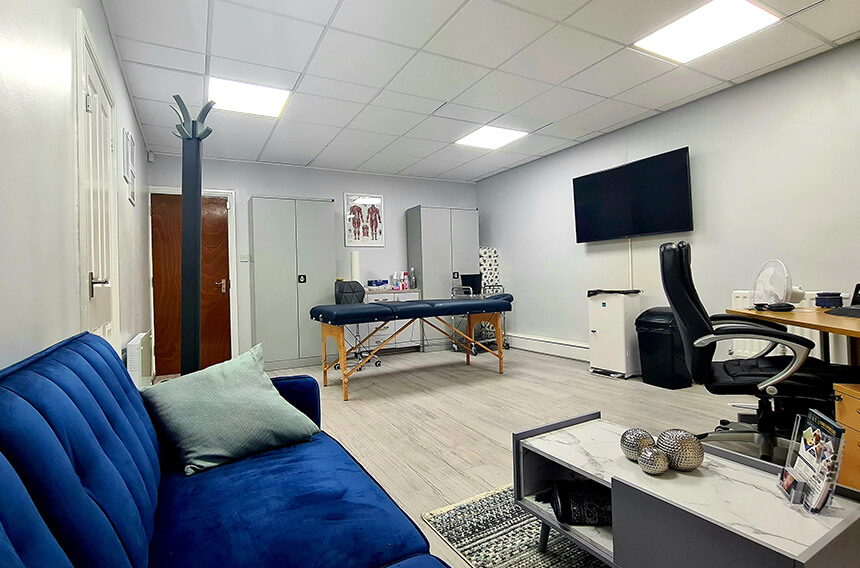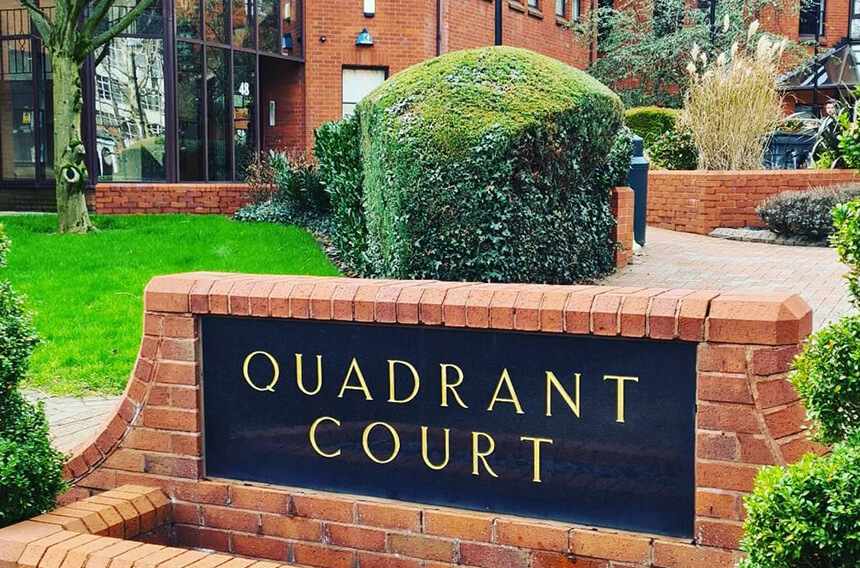Why does pain occur? The mechanism of pain explained
Pain is an unpleasant and distressing physical sensation caused by disease or injury, which induces hurt and anxiety in those suffering from it.
There are many different manifestations of pain, ranging from short term (acute pain) to long term (chronic pain). Other classifications include pain in the internal organs (visceral pain), injured tissue (inflammatory pain), nerves (neuropathic pain), etc.
The reason for the occurrence of pain depends on the cause and kind of pain being experienced. In most cases, pain acts as a warning sign that the body has been afflicted by a disorder of some sort, which may have arisen due to internal sickness or external wounding. Acute pains are generally cured on their own through rest or simple medication. Chronic pains, on the other hand, are more complicated in nature and the treatment requires more elaborate diagnosis.
The mechanism of pain
Pain is an extremely personal and subjective experience and affects each individual to varying degrees. The pain signals, which can arise in any part of the body, travel through the spinal cord to the brain along thousands of specialized nerves and nerve fibres. In the brain, it is processed in the centres associated with anxiety, emotions, memory, appetite, etc. Signals and pain inputs are then returned from the brain to the spinal cord, which may heighten or diminish pain.
In some cases, pain may also be induced by damage to the brain and spinal cord, which happens after a stroke.
A constant barrage of pain signals may cause the cells at the end of nerve fibres to become over-sensitized. This is known as ‘wind-up’ and is one of the most common causes of chronic pain that occurs even though the root of the problem has been identified and treated.
The causes and effects of pain differ from case to case depending on the signals received by the brain and its interpretation. It affects the individual’s day to day activities and if persistent, can also have a harmful impact on mental health and psychosis. Pain is always handled, diagnosed and treated differently in all patients by drawing out the best possible solution to the problem.
OVER 10K HAPPY CLIENTS ACROSS THE UK INCLUDING BIRMINGHAM, WALSALL, DUDLEY, STOURBRIDGE, OLDBURY, WOLVERHAMPTON, COVENTRY, LEAMINGTON SPA, NOTTINGHAM, SOLIHULL, TELFORD, GLOUCESTER, WORCESTER, DERBY, BRISTOL, STOKE AND SUTTON COLDFIELD INCLUDING THE FOLLOWING AREAS:
Acocks Green, Alum Rock, Aston, Balsall Heath, Birmingham City Centre, Bordesley Green, Bromford, Castle Vale, Digbeth, Edgbaston, Erdington, Garretts Green, Great Barr, Hall Green, Handsworth, Harborne, Hay Mills, Highgate, Hockley, Hodge Hill, Jewellery Quarter, King's Heath, Kings Norton, Kingstanding, Kitts Green, Ladywood, Lozells, Moseley, Nechells, Newtown, Northfield, Nuneaton, Pelham, Perry Barr, Quinton, Saltley, Selly Oak, Selly Park, Shard End, Sheldon, Small Heath, Smethwick, South Yardley, Sparkbrook, Sparkhill, Stechford, Tipton, Tyseley, Ward End, Washwood Heath, Wednesbury, West Bromwich, Winson Green, Witton, Yardley, Yardley Wood
Our therapists are fully insured for all services we provide. Qaya Clinic is based in Edgbaston Medical Village, Birmingham City Centre. WE ARE OUTSIDE THE CLEAN AIR ZONE with free nearby parking.






